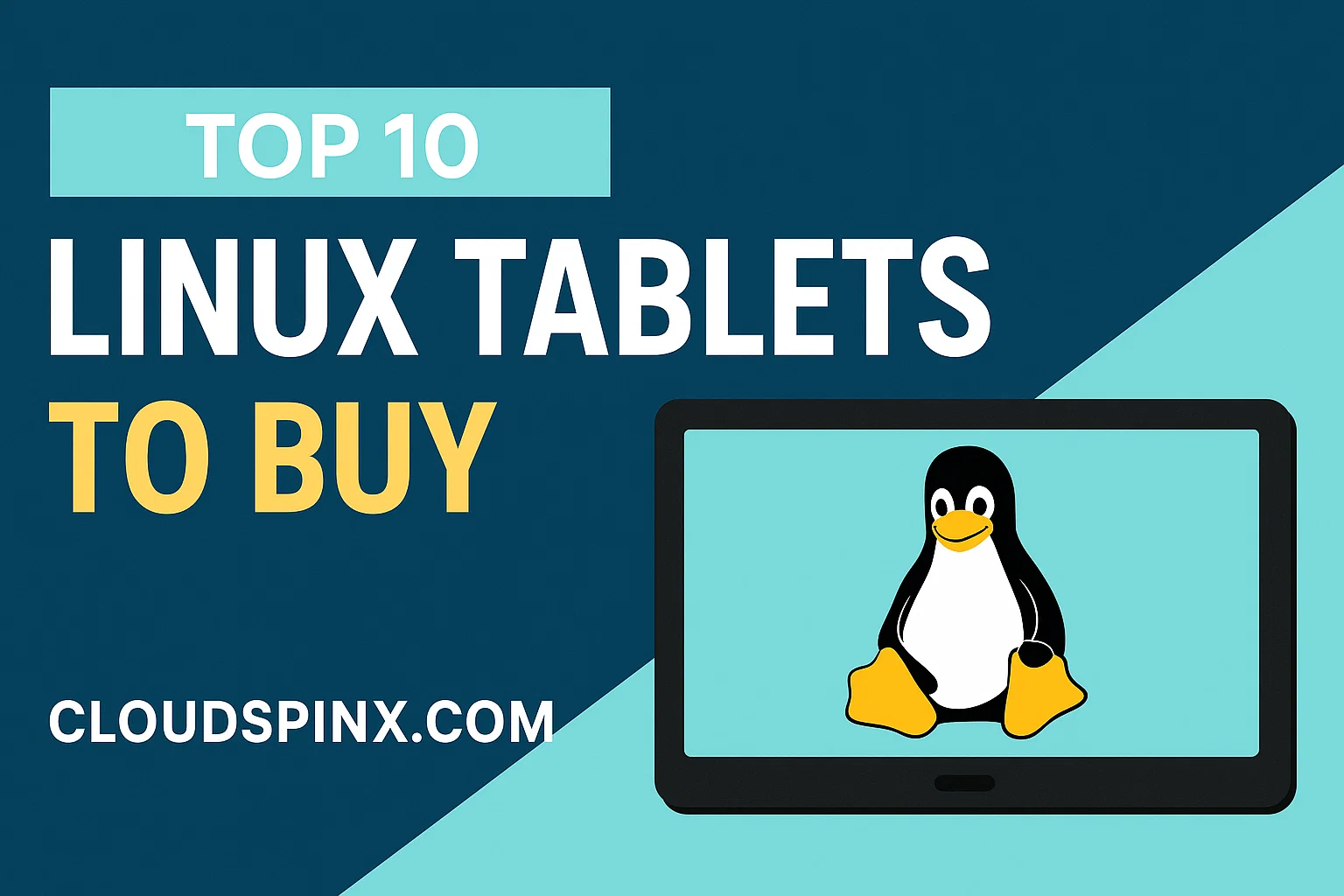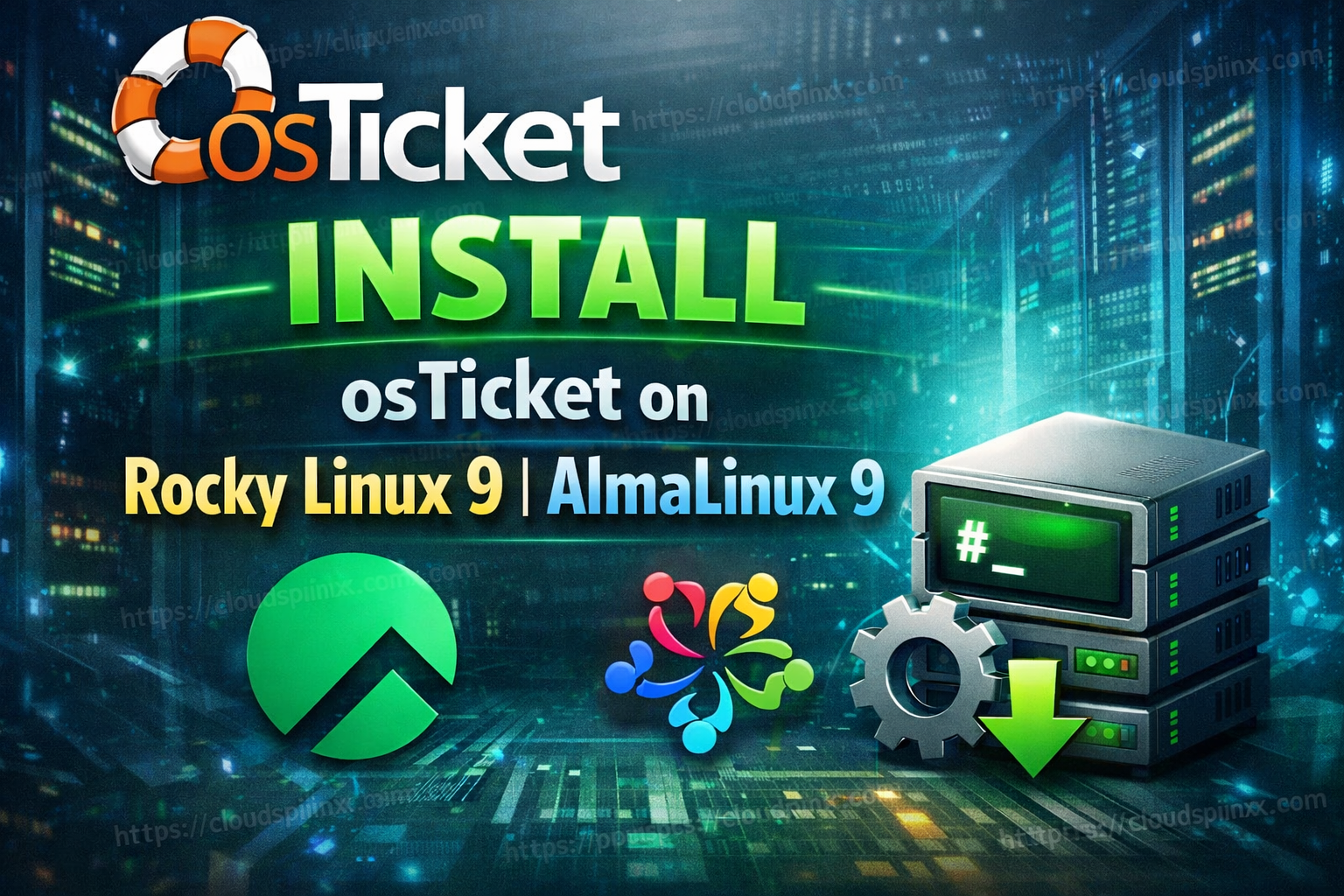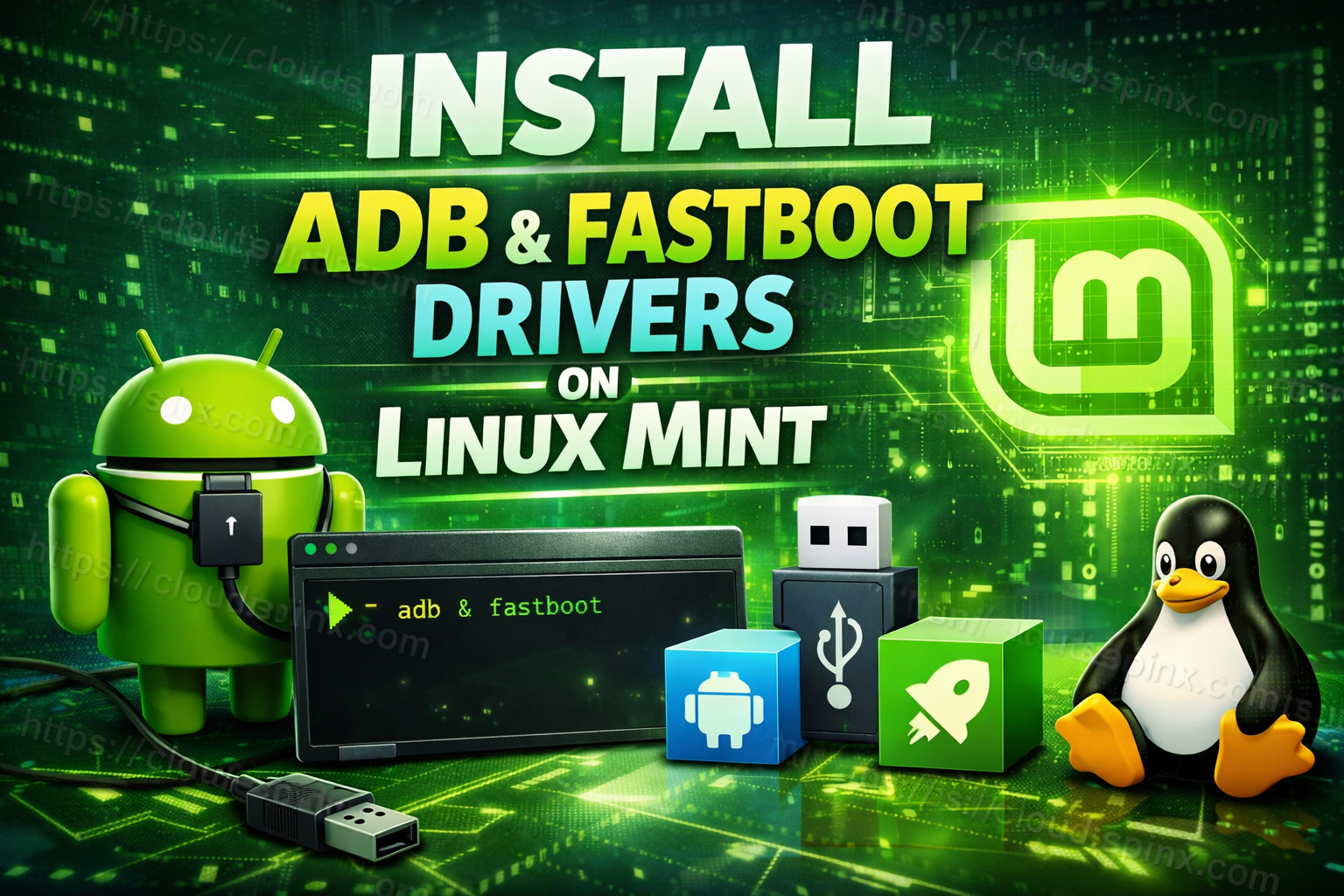The Linux tablets have gained popularity over the past few years. Linux tablets are known to be secure, robust, and highly customizable alternatives to the Android or iOS traditional tablets. Being built around open-source Linux operating systems, they offer better privacy, user freedom, and control over their devices. These devices are suitable for users from all walks of life, including students, developers, privacy-conscious individuals, and many other professionals.
This article presents a curated list of what we consider as the – top 10 Linux tablets one can consider purchasing in 2025. Our ranking is determined by reviews from experts, available customer feedback, and general performance of these tablets.
Best Linux Tablets for 2025
Keep in mind that the list we’re providing may not cover all great Linux tablets. Feel free to check more reviews if you need other insights before settling on a particular Linux tablet.
1. PineTab2
- Best for: Open-source enthusiasts and budget-conscious users
- Specs: 10.1″ IPS display, RK3566 quad-core ARM CPU, 4GB/8GB RAM, 64GB/128GB eMMC
- OS Support: Ubuntu Touch, Manjaro, Debian
- Why it stands out: Affordable, community-driven, and highly customizable
2. Juno Tab 3
- Best for: Developers seeking a powerful Linux-native tablet
- Specs: 12.1″ 2K IPS touchscreen, Intel N100 CPU, 12GB LPDDR5 RAM, 512GB SSD (expandable)
- OS Options: Mobian Phosh, Kubuntu 24.04 LTS, Ubuntu 24.04 LTS
- Why it stands out: High-end specs with full Linux support out of the box
3. Librem 11 by Purism
- Best for: Privacy-focused professionals
- Specs: 11.5″ AMOLED 2K display, Intel N5100 CPU, 8GB RAM, 1TB NVMe SSD
- OS: PureOS (Debian-based) with PureBoot and hardware kill switches
- Why it stands out: Emphasizes security and user freedom
4. System76 Juno Tablet
- Best for: Developers and creative professionals
- Specs: 10.1″ Full HD touchscreen, AMD Ryzen 5 CPU, 8GB RAM, 256GB SSD
- OS Support: Ubuntu, Fedora
- Why it stands out: Developer-friendly with robust performance
5. Dell Latitude 7230 Rugged Extreme
- Best for: Field technicians in harsh environments
- Specs: 11.6″ outdoor-readable touchscreen, 12th Gen Intel Core i5/i7, up to 16GB RAM
- OS Support: Ubuntu, Red Hat Enterprise Linux
- Why it stands out: Rugged design with enterprise-grade reliability
6. Panasonic Toughbook A3
- Best for: Industrial and field applications
- Specs: 10.1″ anti-glare touchscreen, 8GB RAM, 128GB SSD
- OS Support: Ubuntu, Debian
- Why it stands out: MIL-STD-810G certified for durability
7. Sunboo I87J
- Best for: Industrial users needing dual-boot capabilities
- Specs: 8″ anti-reflection touchscreen, Intel Core i5, 8GB RAM
- OS Support: Windows and Linux
- Why it stands out: Versatile dual-boot system for various applications
8. StarLite Mk IV
- Best for: On-the-go developers and students
- Specs: 11.6″ IPS Full HD display, Intel Pentium Silver N6000, 8GB RAM, 240GB NVMe SSD
- OS Support: Ubuntu, Debian, Arch Linux
- Why it stands out: Ultra-portable with energy-efficient performance
9. HP Elite x2 G8
- Best for: Business professionals seeking flexibility
- Specs: 13″ anti-glare touchscreen, 11th Gen Intel Core processors, up to 16GB RAM
- OS Support: Linux-compatible
- Why it stands out: Sleek design with enterprise security features
10. Sunboo R88
- Best for: Outdoor professionals needing rugged devices
- Specs: 8-core processor, 4GB RAM
- OS Support: Linux and Android
- Why it stands out: Fully rugged design for demanding environments









